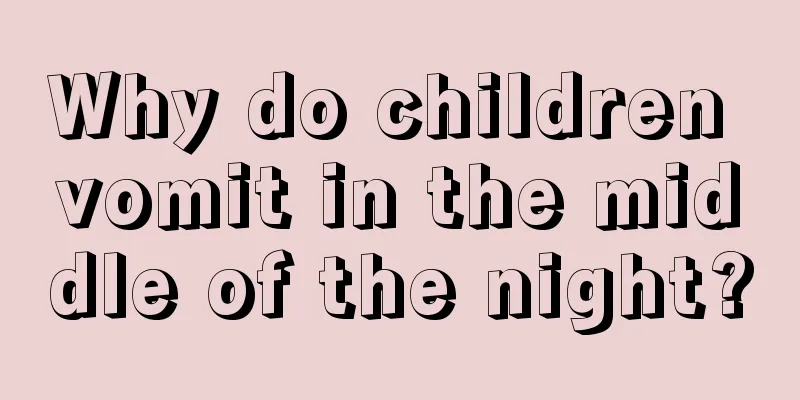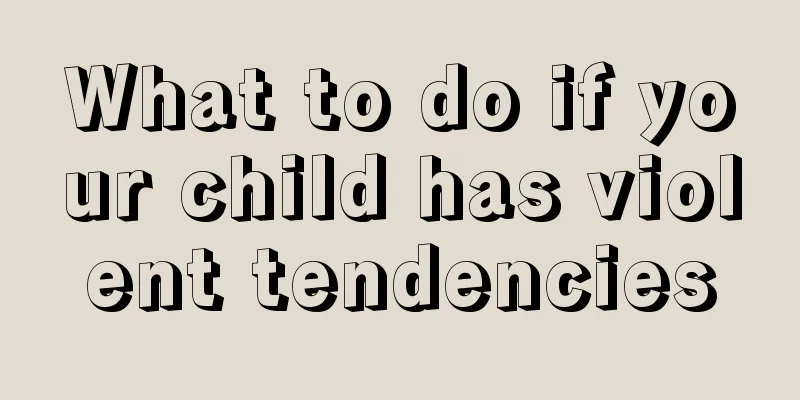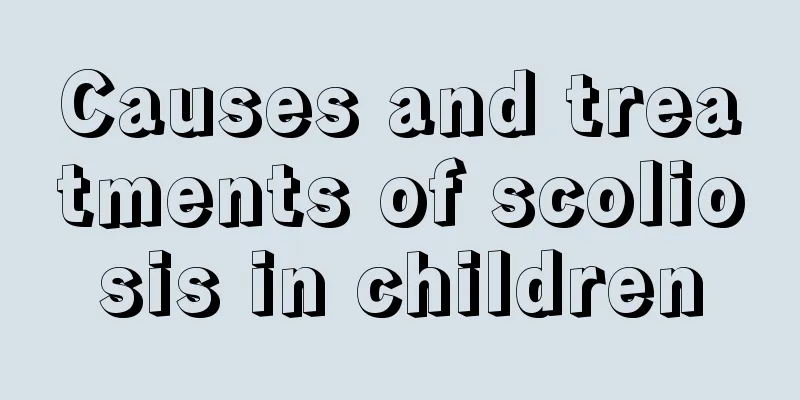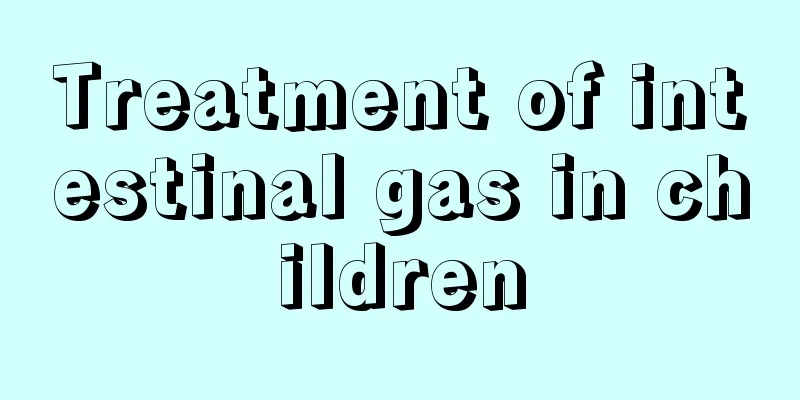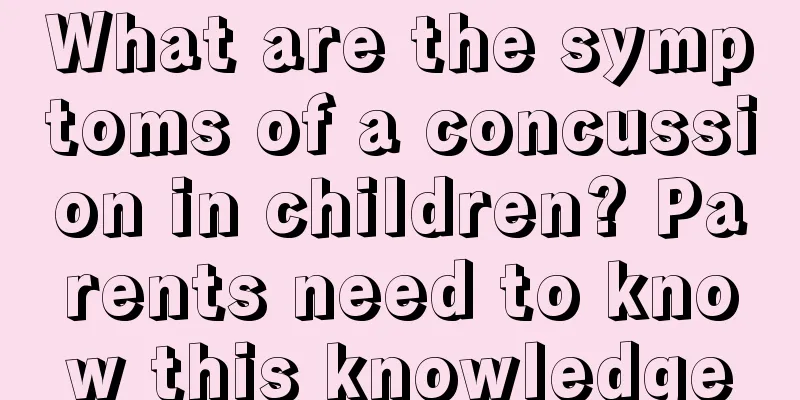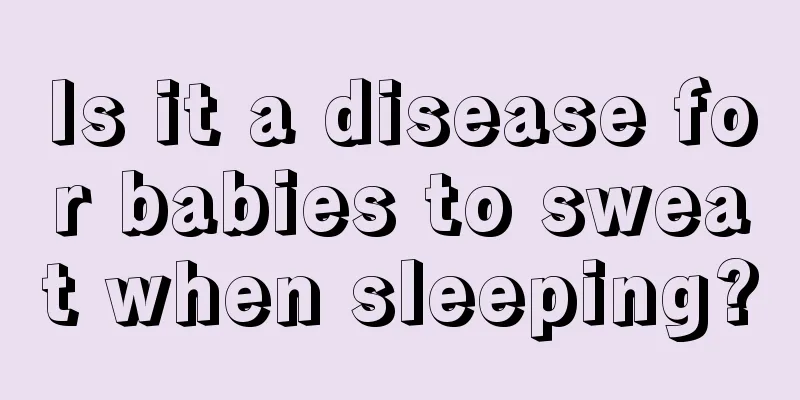What to do if a child has a fever due to gastroenteritis?
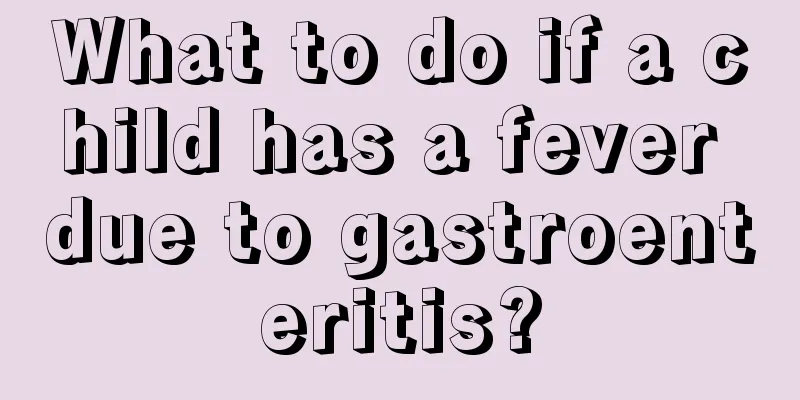
|
Many children in their early childhood are very prone to diseases due to some factors. Among them, gastroenteritis is a disease that is very common in children. This disease will affect the growth and development of children. In severe cases, fever may occur. However, many parents do not know how to deal with this situation properly after their children have this condition. So, what should children do if they have gastroenteritis and fever? First, what should we do if a child has gastroenteritis and fever? Children under five years old often suffer from vomiting and diarrhea in autumn and winter. This situation is mostly caused by rotavirus gastroenteritis, which is one of the common children's diseases. Rotavirus is the most important cause of acute gastroenteritis in children, accounting for 5–10% of all pediatric gastroenteritis and 10–50% of hospitalizations for diarrhea. Common routes of infection for gastroenteritis are eating unclean food or drinking contaminated water, or having close contact with sick people. If a child has a fever due to gastroenteritis, it is acute gastroenteritis and it is recommended that he be sent to the hospital for treatment in time. The treatment of gastroenteritis in children is mainly etiological treatment and symptomatic treatment. That is to say, no matter what causes acute gastroenteritis, we must try to find out the cause and eliminate the root cause in time. Whatever symptoms your baby shows, try to eliminate these harmful symptoms. If it is caused by indigestion, you can adjust your diet and take lactase, yeast tablets, etc.; if it is caused by other diseases in the body, actively treat the disease; if it is caused by unreasonable use of antibiotics, you need to consult a doctor and stop using antibiotics. If your baby loses too much water due to vomiting and diarrhea, you need to replenish water and electrolytes in time. When you have a high fever, you should use physical or medicinal methods to reduce the temperature; if you are deficient in potassium, you should supplement potassium; if you are deficient in calcium, you should supplement calcium. In case of metabolic acidosis or shock, first aid measures should be taken promptly. Second, in addition, your baby should pay attention to his diet during gastroenteritis. For breastfed babies, do not stop feeding when they have diarrhea. Instead, you can reduce the amount of milk, shorten the feeding time, and extend the interval between feedings. Nursing mothers should eat less fat and drink more water before breastfeeding to dilute the milk and facilitate the baby's digestion. For babies who are bottle-fed or mixed-fed, do not add new complementary foods when they have diarrhea. When the baby has severe diarrhea, stop feeding milk and fast for 6 to 8 hours. During the fasting period, you can feed carrot soup, scorched rice soup, rice soup and applesauce. Carrot soup is low in calories, little in fat, and contains fruit acids and vitamins, which can help form stools. Apple fibers are finer, have less irritation to the intestines, are low in fat, and contain fruit acids, which have an astringent effect. What should you do if your child has a fever due to gastroenteritis? Pay attention to fluid replacement and avoid dehydration. Pay attention to dehydration symptoms: whether the child has less urination (fewer diaper changes for babies), dry crying without tears, dry and inelastic skin, or a sunken fontanelle. Regardless of whether the child has received an IV drip or not, you can buy electrolyte water specifically for diarrhea and give it to your child to drink as water. An IV may be necessary if a child's level of consciousness is decreased or if dehydration is severe. But oral rehydration therapy is still a good way to replenish fluids. Drinks high in simple sugars, such as soda, fruit juice, etc., are not recommended for children under 5 years old because they may worsen diarrhea. If there is no special oral rehydration solution or it tastes bad, plain water can also be used. If indicated, nasogastric tubes can also be used in children to supplement fluids. |
<<: What should I do if my child has a fever of 396 degrees?
>>: What's going on when a child has a fever and his limbs are cold?
Recommend
How to relieve baby's cold and stuffy nose
When babies have a cold and stuffy nose, if it is...
What if my child has a fever after vaccination?
People will encounter some diseases in their live...
What's wrong with the little boy's nose bleeding?
Nosebleeds should be taken seriously, but we can ...
Can children eat Chinese toon?
Children are in an important stage of physical de...
Can children eat Houttuynia?
I believe everyone is familiar with Houttuynia co...
Red blood streaks on children's faces
Children's skin is very delicate and tender. ...
What should children pay attention to when they have measles
Children are at high risk of measles. Although th...
Why is the baby's stool sticky and mushy?
It is well known that whether a person has a dise...
Causes of Thalassemia in Infants
Infant thalassemia, first of all, this phenomenon...
What is the normal jaundice index for a one month old baby?
Newborns will have varying degrees of jaundice af...
What to do if your 3-year-old child has a runny nose
The most common symptom in children is runny nose...
The harm of enema for nine-month-old babies
Try not to use enema treatment on 9-month-old bab...
Two-year-old baby's head bone protrudes
As children grow, problems are more likely to occ...
What to do if your eight-year-old child is rebellious
Children will go through several different rebell...
What to do if your child has growing pains
Growing pains are a common phenomenon in children...
